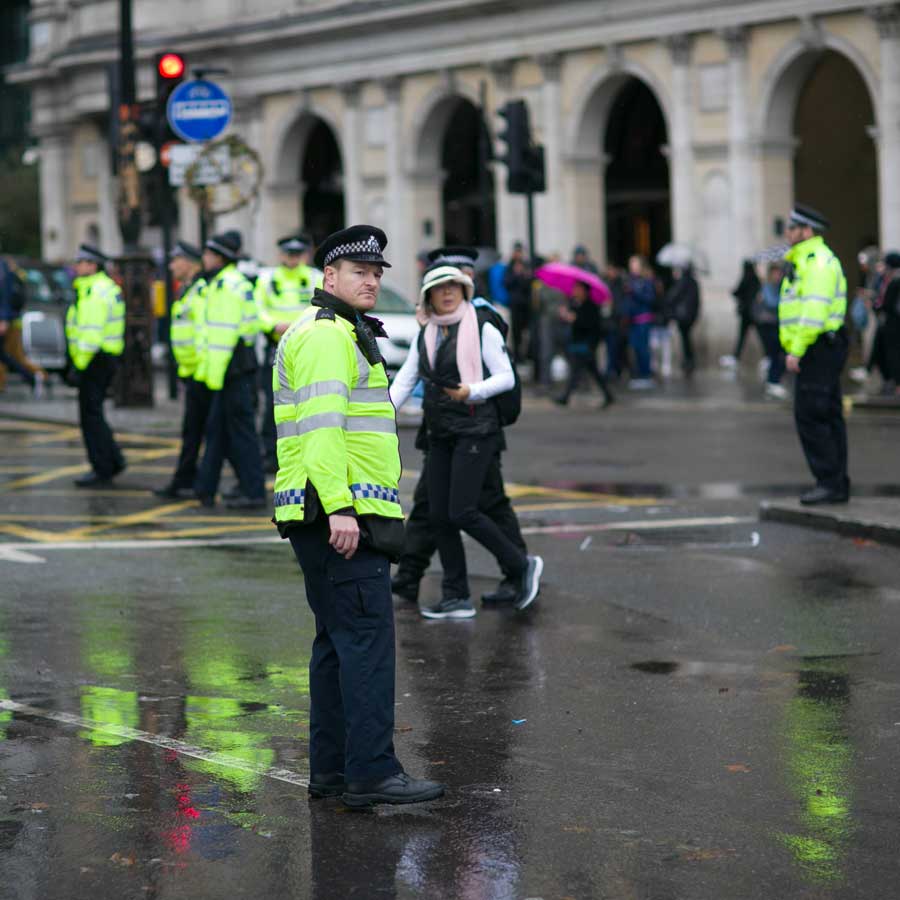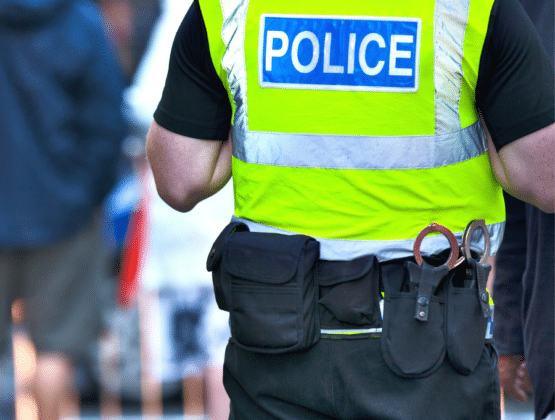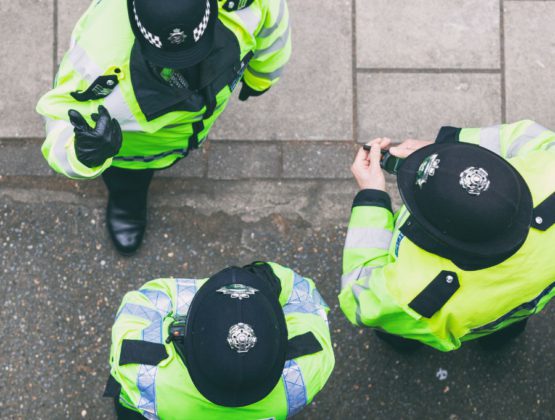Published by Skills for Justice
The 2018/19 PEEL report reveals increasing pressures on UK Police force
Date 20.02.20

Last week, Her Majesty’s Inspectorate of Constabulary and Fire & Rescue Services (HMICFRS) published their annual Police Effectiveness, Efficiency and Legitimacy (PEEL) inspection spotlight report. The report detailed their findings from the 43 force inspections which were carried out during 2018/2019 and compiled national themes across policing.
Within their inspections, they look to assess forces in three ways to find out:
- How effective they are at preventing and investigating crime, protecting vulnerable people and tackling serious organised crime;
- How efficiently they manage, demand and plan for the future; and
- How legitimately they treat the public, how ethically they behave, and how they treat their workforce
In summary, their report concluded from the inspections that policing across England and Wales is largely good. However, forces are having to provide services under the joint pressures of rising demand and falling resources and the impact of this has not fallen equally across police forces.
The report goes on to tell us that three emerging themes were identified across the three-stage group split: Initially, a system under pressure, secondly, a workforce under pressure, and thirdly, divergence under pressure.
The report compares these inspection findings to those taken in 2017 and concluded the following:
- Effectiveness: Eight forces have improved their grading, and three forces have deteriorated in performance. Whilst this shows mostly positive change, the report shows that seven of the forces have been rated as or inadequate or requiring improvement
- Efficiency: Overall 12 of the forces have improved their grading from 2017, however, 10 of the forces have deteriorated and from the most recent figures, 10 of the forces were graded as requiring improvement, whilst a further two were graded as inadequate
- Legitimacy: Two forces have improved their grading, whilst four forces have deteriorated in performance. Of the 43 forces, overall, one force was graded as outstanding, 35 as good, six as requiring improvement and one as inadequate
Whilst these findings show a variety of performance results across the force, one thing which is undeniably clear is the increasing pressure on the policing system and workforce. Further to this, as divergence in the workforce continues to grow, this pressure can escalate, and the help afforded by an increase in resources, achieved through operational uplift, brings with it only greater challenges, namely that of developing an appropriate leadership and organisational culture for a diverse force.
In order for policing to see the improvements in police legitimacy, which are being achieved in effectiveness and efficiency, it is vital then that there is a leadership established that unites and celebrates difference, as well as a culture created that attracts and retains the broadest range of candidates possible for the role.
Of course, these areas do not stand alone and a leadership practice that takes a systemic view, recognising the need for different styles and approaches will see gains in all areas going forward.
Sign up to receive news and updates from Skills for Justice
"*" indicates required fields






